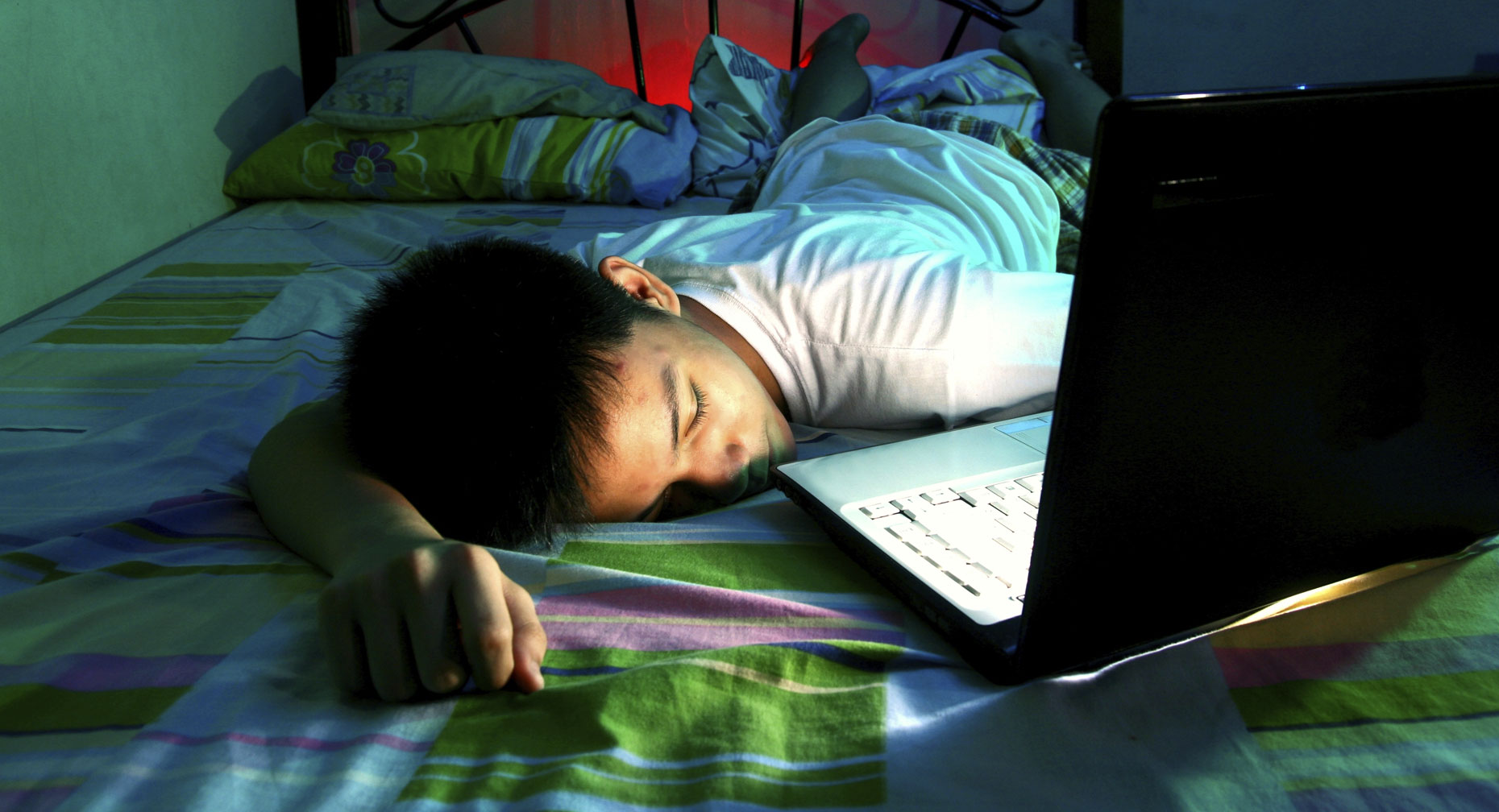Optimizing Sleep At Every Age

Answer a few questions and we'll provide you with a list of primary care providers that best fit your needs.
How much sleep is enough? Sleep needs change as we age and also vary from one person to another. Babies need the most sleep, while adults require a lesser amount, according to recommendations from the Centers for Disease Control and Prevention (CDC):
| Age | Recommended Amount Of Sleep |
|---|---|
| Newborns | 16–18 hours a day |
| Preschool-aged children | 11–12 hours a day |
| School-aged children | At least 10 hours a day |
| Teens | 9–10 hours a day |
| Adults (including the elderly) | 7–8 hours a day |
Sleep Needs For Children
In children and teens, sleep works to support growth and development. Deep sleep triggers the body to release the hormone that promotes normal growth, boosts muscle mass, and helps repair cells and tissues in young people.
Sleep-deficient children and teens may experience problems getting along with others. They may be overly active, have problems paying attention, misbehave and have poor school performance. And they may feel angry and impulsive, have mood swings, feel sad or depressed, or lack motivation.
Studies have shown that not getting enough sleep, and having sleep that is frequently interrupted by a sleep disorder, can cause you to dream more often and have nightmares.
Sleep deficiency also increases the risk of obesity. One study of teenagers cited by the CDC showed that with each hour of sleep lost, the odds of becoming obese increased.
Signs Of Insufficient Sleep
How sleepy you feel during the day can help you figure out whether you're having symptoms of problem sleepiness. You may not be feeling refreshed and alert when you wake up.
Sleep deficiency can interfere with work, school, driving, and social functioning. You may have trouble with focusing, making decisions, solving problems, remembering things, controlling your emotions and behavior, and coping with change. You may take longer to finish tasks, have a slower reaction time, and make more mistakes.
If you routinely lose sleep or sleep less than needed for your age group, total sleep loss (also known as sleep debt) will add up. For example, if you lose two hours of sleep each night, after a week you'll have accumulated a sleep debt of 14 hours. Long-term sleep loss will affect your health.
Sleeping more on days off might be a sign that you aren't getting enough sleep. Although extra sleep on days off might help you feel better, it can have a negative effect on your body's sleep–wake rhythm.
Sleep-deficient children and teens may experience problems getting along with others.
Certain groups of people may be more likely to be sleep-deficient. These include shift workers, whose sleep gets out of sync with their body clocks, and caregivers or emergency responders, whose may experience interrupted sleep. If your job or daily routine limits your ability to get enough sleep or sleep at the right times, you should confer with your doctor.
Also talk with your doctor if you sleep more than eight hours a night but don't feel well rested. You may have a sleep disorder or other health problem.
How To Help Yourself
If you're concerned about whether you're getting enough sleep, try using a sleep diary for a couple of weeks. Write down how much you sleep each night, how alert and rested you feel in the morning, and how sleepy you feel during the day. Show the results to your doctor for advice on ways to improve your sleep.
Follow these suggestions for getting a better night’s sleep. You can also use sleep apps on your mobile device to help you get some Zs.
Answer a few questions and we'll provide you with a list of primary care providers that best fit your needs.
Source: Connor Wolfe, PA-C, Englewood Family Practice; National Sleep Foundation; Centers for Disease Control and Prevention; National Heart, Lung and Blood Institute; American Academy of Family Physicians





